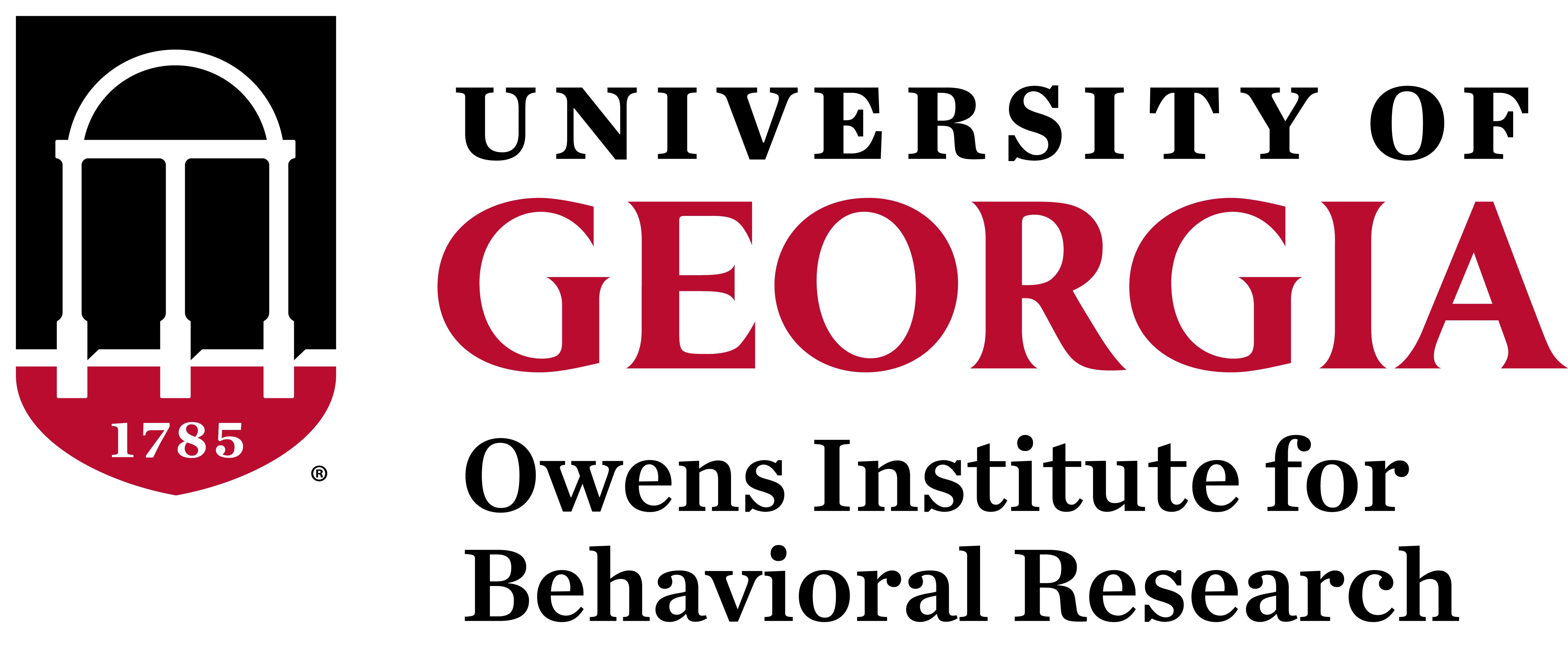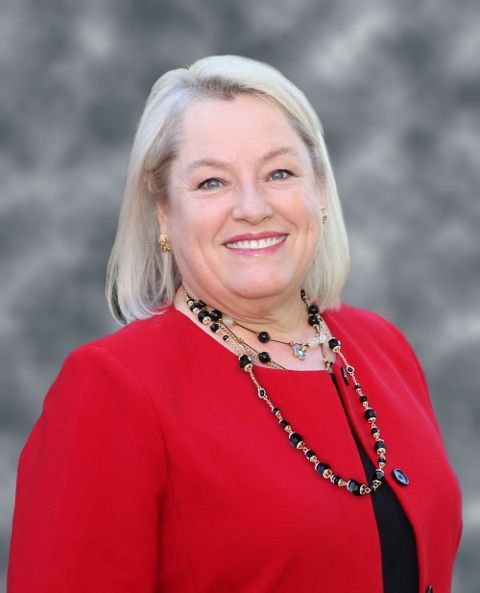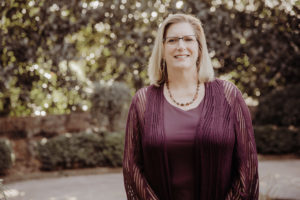Social & Behavioral Science Spotlight – Jiaying Liu

Jiaying Liu, PhD
OIBR Fellow
Assistant Professor, Communication Studies
Topic: How Social Media Exposure Affects People’s Knowledge About COVID-19
In collaboration with a colleague in China, Dr. Jiaying Liu (PI) conducted an online survey and collected a representative sample of Chinese netizens (total N = 1,300) from Feb.-Mar. 2020 in five large Chinese cities (Wuhan, Beijing, Shanghai, Guangzhou, and Changchun). The survey was to understand how people’s social media exposure affects their knowledge about COVID-19, and their behavioral intentions to practice recommended social distancing practices (such as wearing masks, washing hands, etc.).
Dr. Liu observed that more than 90% of Chinese netizens’ major information source about COVID-19 was social media, especially from the superapp “WeChat”. Interestingly, she found that individuals who were more engaged in social media discussions (by sharing and commenting on the social media posts about COVID-19), their knowledge about COVID-19 was less likely to be accurate, and indicating the prevalence of COVID-19 related misinformation on the social media platforms in China. In addition, higher engagement in COVID-19 related social media discussions, was also found to be significantly associated with lower behavioral intentions to practice recommended social distancing procedures.
This study can help us better understand the nature of COVID-19 related information on social media, and its downstream effects on people’s intentions to practice social distancing. The findings of the study can shed light on how to conduct effective interventions, including proactive media campaigns to promote positive health outcomes and defensive measures to limit the reach of online misinformation about COVID-19.
Learn more about Dr. Jiaying Liu here.








